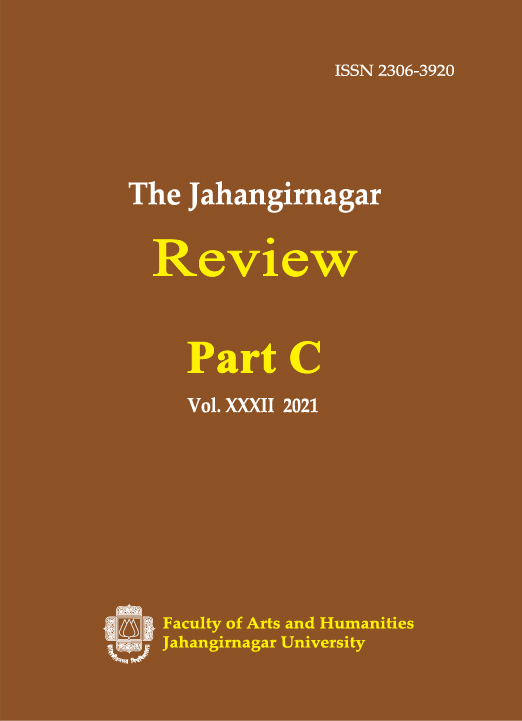Cultural Pluralism: An Analysis of the Perspectives of Rawls’s Conception of Justice
Main Article Content
Abstract
Rawls tried to explain justice in terms of fairness, therefore his theory of justice can be termed as justice as fairness. Justice as fairness evolved with the academic career of Rawls and hence it is reflected in many of his writings. Based on the criticisms received, Rawls improved the theory of justice. Rawls revisited his theory of justice many times during his academic career. The theory of justice is the major contribution of Rawls to philosophy, and he took nearly four decades to sharpen it. Rawlsian conception of justice gained considerable attention of the academic world. It is still being studied in different parts of the world. This paper raised some relevant questions concerning the nature of Rawlsian theory of justice by studying it in the context of Cultural Pluralism. The main objective is to identify the characteristic features that make Rawlsian theory more alive even today. Do we need an ideal theory of justice that can be applied to any space and time? How does the Rawlsian conception interact with the concrete approaches to justice? These questions concerning justice as fairness are discussed in this paper by studying it in the political context of cultural pluralism's criticisms and viewpoints.

